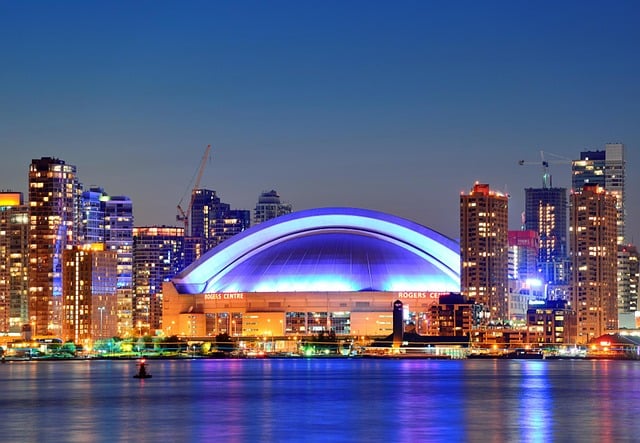AI luxury food allergen risk alerts are transforming fine dining by prioritizing customer safety and inclusivity through precise allergen identification and real-time communication, empowering restaurants to mitigate risks and offer personalized experiences. Advanced AI systems analyze ingredient lists, menu descriptions, and kitchen practices with unparalleled accuracy, continuously refining predictions to prevent allergic reactions. These innovations enhance sustainability scoring by evaluating environmental and social impacts from sourcing to waste management, integrating real-time data for transparent accountability, and fostering positive change in the luxury food industry.
“Welcome to the future of fine dining sustainability. With the rise of AI, the culinary world is witnessing a revolution in evaluating restaurant practices. This article explores the innovative concept of AI fine dining sustainability scoring engines, focusing on their potential to transform the industry. We delve into how these tools can address critical issues like food allergens, ensuring safe and sustainable dining experiences. By understanding AI’s role in luxury food allergen risk alerts and sustainability scoring, we can anticipate a greener and more inclusive gastronomic future.”
- Understanding AI Luxury Food Allergen Risk Alerts
- The Role of AI in Fine Dining Sustainability Scoring
- Implementing and Enhancing AI Fine Dining Sustainability Scoring Engines
Understanding AI Luxury Food Allergen Risk Alerts

AI luxury food allergen risk alerts are transforming the way we approach dining, ensuring safety and inclusivity in fine cuisine. These advanced systems utilize artificial intelligence to meticulously analyze ingredient lists, menu descriptions, and even kitchen practices, identifying potential allergens with unprecedented accuracy. By implementing real-time alerts, restaurants can proactively communicate allergy information to customers, empowering them to make informed choices.
This technology goes beyond basic allergen detection; it considers the intricate interplay of ingredients, cooking methods, and cross-contamination risks specific to each dish. Through machine learning algorithms, AI engines learn from vast datasets, continually refining their ability to predict and mitigate allergic reactions. As a result, diners with food allergies can now enjoy gourmet experiences with newfound confidence, knowing their unique requirements are met with precision and care.
The Role of AI in Fine Dining Sustainability Scoring

Artificial Intelligence (AI) is transforming the fine dining industry, and its impact on sustainability scoring is significant. AI-powered scoring engines can analyse vast amounts of data to assess the environmental and social footprint of each dish, from ingredient sourcing to waste management. These engines can detect patterns and provide insights that human inspectors might miss, ensuring a more accurate and efficient evaluation process. By integrating AI, fine dining establishments can quickly identify areas for improvement in their sustainability practices.
One of the key benefits is the ability to offer personalised menus while mitigating allergen risks. AI systems can learn about customer preferences and food allergies, enabling restaurants to suggest suitable dishes. Moreover, these engines can predict potential issues related to luxury food ingredients, ensuring timely alerts for chefs to make necessary adjustments, thereby enhancing both sustainability and customer safety.
Implementing and Enhancing AI Fine Dining Sustainability Scoring Engines

Implementing and enhancing AI fine dining sustainability scoring engines involves leveraging advanced algorithms to assess various aspects of a restaurant’s operations, including food sourcing, waste management, and allergen risk alerts. These intelligent systems can analyze vast datasets to provide insights into areas where improvements are needed, promoting sustainable practices in the luxury food industry. By integrating real-time data from suppliers, kitchen operations, and customer feedback, AI models can accurately score a restaurant’s sustainability efforts, ensuring transparency and accountability.
Furthermore, AI technology enables the prediction of potential allergen risks by analyzing menu items and customer preferences, enhancing safety measures. This is particularly crucial for luxury dining establishments catering to diverse dietary needs. Through continuous learning and adaptation, these scoring engines can drive positive change, fostering a culture of environmental stewardship and ensuring the highest standards of food safety in fine dining experiences.
AI fine dining sustainability scoring engines, including advanced AI luxury food allergen risk alert systems, are transforming the culinary industry. By leveraging technology, these engines promote sustainable practices and ensure consumer safety. As restaurants seek to enhance their environmental impact and menu offerings, implementing and enhancing these AI tools will be key to navigating the future of fine dining.
